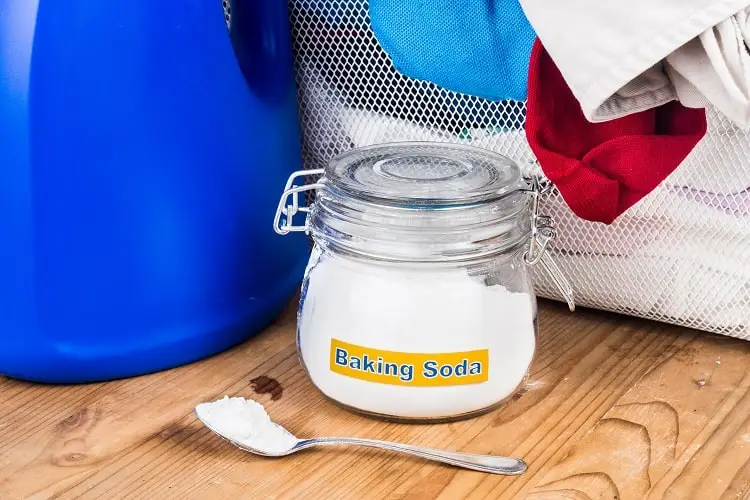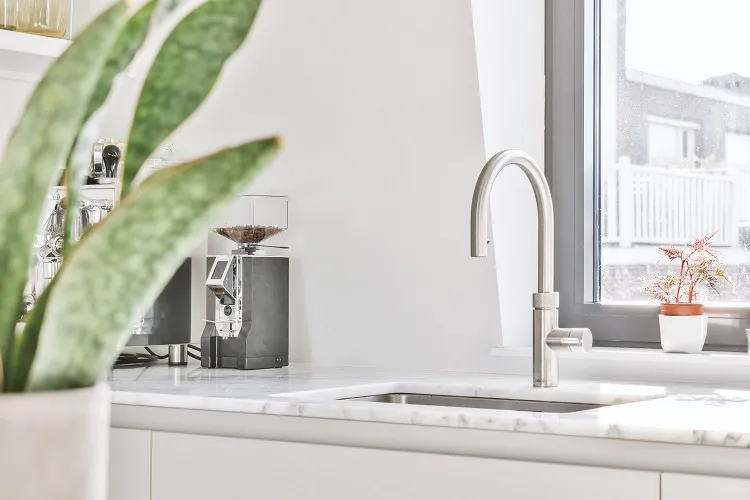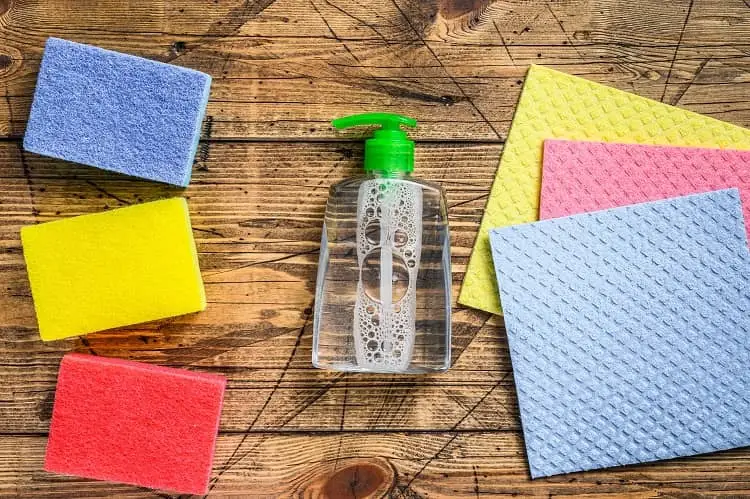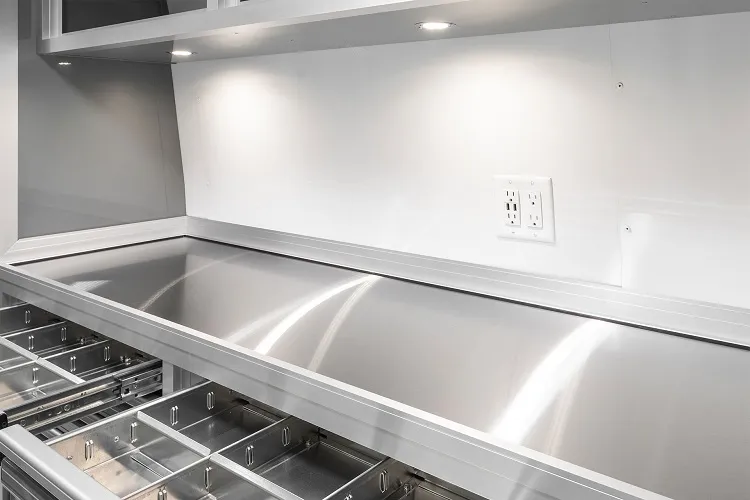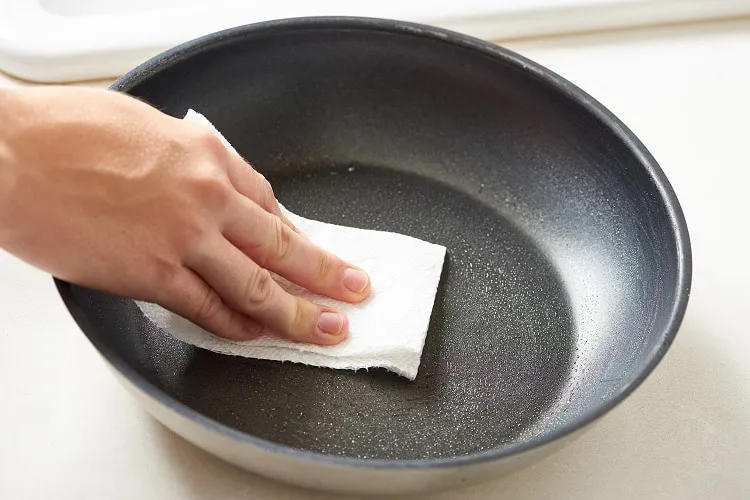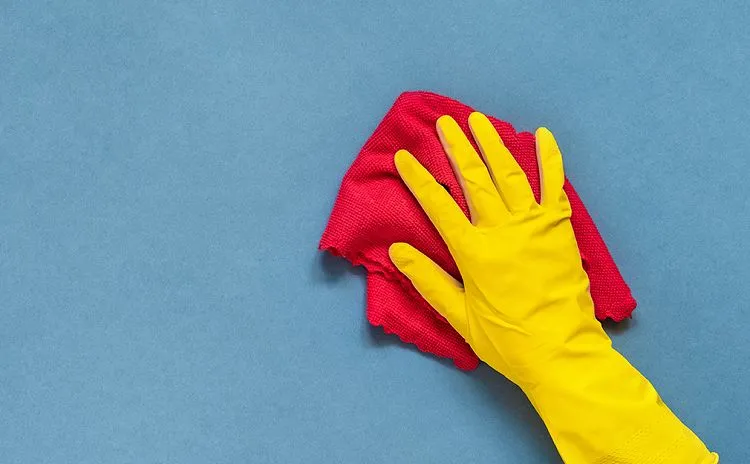Do you ever find yourself standing in the cleaning aisle at the store, wondering which product you should choose for your cleaning task? Baking soda is one of the most versatile and economical cleaning agents around, but it isn’t suitable for all cleaning tasks. To ensure you get the best results and avoid any damage, it’s important to be aware of the which items you should avoid cleaning with baking soda. Want to find out which are the five things you should never clean with baking soda? Just keep on reading!
Baking soda as a common household cleaning agent
When we are in need of quick and easy strategies to clean our home, it is often that we first reach for the baking soda. Baking soda is a common household item that many of us have in our pantries and use for a variety of cleaning tasks. It’s a natural and effective cleaning agent that can be used to clean and deodorize counters, floors, toilets, and more. However, it’s critical to remember that baking soda isn’t a cure for all cleaning purposes and can even be damaging in certain situations. Want to know which?
Don’t clean marble and granite countertops with it
Did you know that you should never clean marble or granite countertops with baking soda? While baking soda can be a great all-purpose cleaner, it can damage marble and granite countertops. These surfaces are sensitive and can easily be scratched by the abrasive nature of baking soda. This can lead to etching and dulling of the surface. Additionally, the alkalinity of the baking soda can cause discolouration. How to avoid damage? Use a pH-neutral cleaner specifically designed for marble and granite surfaces. Never use vinegar, bleach, or ammonia, as these products can damage the marble and cause discolouration.
Never clean wooden surfaces with baking soda
While you might be looking for an easy way to clean sticky grease off your kitchen cabinets, keep in mind that wooden ones should never be cleaned with baking soda. Baking soda is abrasive. This means it has the potential to scratch and damage wooden surfaces, particularly if the wood is already weak or worn. Scratches can be difficult to repair and can damage the look and feel of the wood. Baking soda is also highly alkaline. Wood is naturally acidic, and when exposed to baking soda, the alkaline can cause discolouration and staining. This is especially true on lighter woods such as pine and maple, which are more prone to discolouration. How to clean wooden surfaces? Use a simple mild soap and water solution.
Baking soda is no good for aluminium surfaces
What else should you also never clean with baking soda? The chemical compound can cause damage to aluminium surfaces. While a lot of homeowners use baking soda for cleaning pots and pans, it should never be left for too long as this can cause it to oxidize, which will lead to discolouration of the surfaces. This discolouration not only looks bad, but it can also make the aluminium more prone to corrosion. The alkaline nature of the baking soda can also cause pitting and corrosion. How to clean aluminium surfaces? Again, use a mild soap and water solution.
No baking soda for cleaning non-stick cookware
While it may be tempting to use baking soda to scrub away stubborn grease and stains, this is actually one of the worst things you can do. Baking soda is often used as a kitchen deodorizer, but it should never be used to clean non-stick cookware. Using baking soda on non-stick cookware can damage the non-stick coating and cause it to break down over time. Even if you don’t see any physical scratches on the surface, the baking soda residue can still affect the non-stick properties. This can lead to food sticking and make it harder to clean. How to clean non-stick cookware? Use a mild soap and water solution, and gently scrub with a soft sponge.
Never use it for cleaning painted surfaces
Never clean painted surfaces, such as walls, doors, and trims with baking soda. Baking soda is an abrasive product that can damage the paint on painted surfaces. The abrasive particles can scratch and scuff the paint, leaving your surfaces looking dull and faded. The chemical compound is also not effective when it comes to removing dirt and grime from painted surfaces. It can leave behind a sticky residue, which can be difficult to remove and attract more dirt and dust. Baking soda can also cause discolouration on some paints, so it’s best to avoid using it on painted surfaces altogether. How to clean painted surfaces? Use a mild soap and warm water solution, and scrub them with a soft sponge.
In many occasions, baking soda can be a great cleaning agent, but there are some things that you just shouldn’t clean with it. To avoid damage, it is important to be informed and use the proper cleaning solution for each surface. For items that cannot be cleaned with baking soda, use a mild soap and water solution. Good luck!

